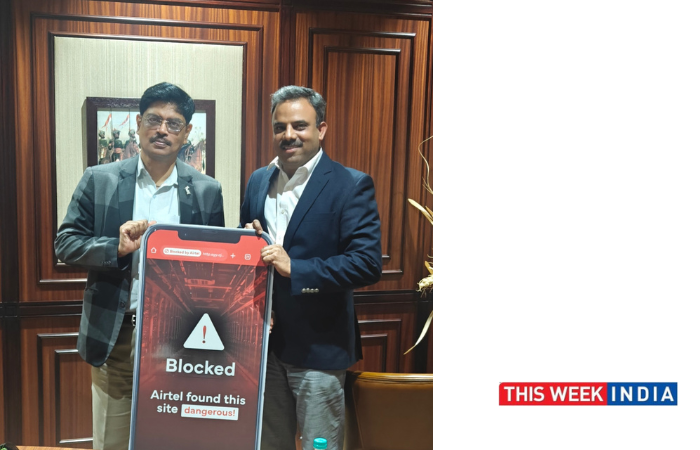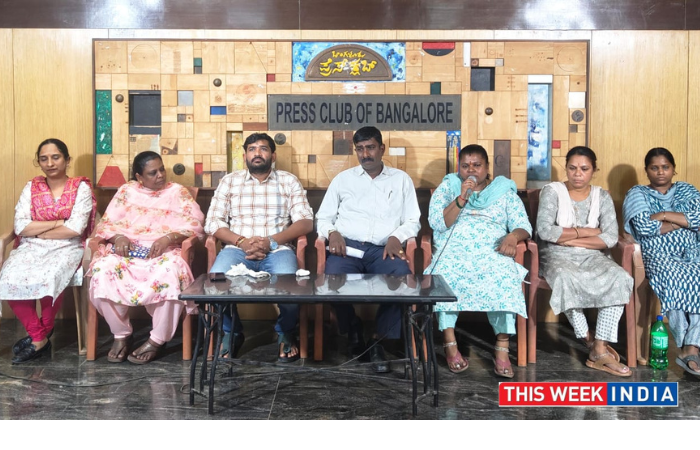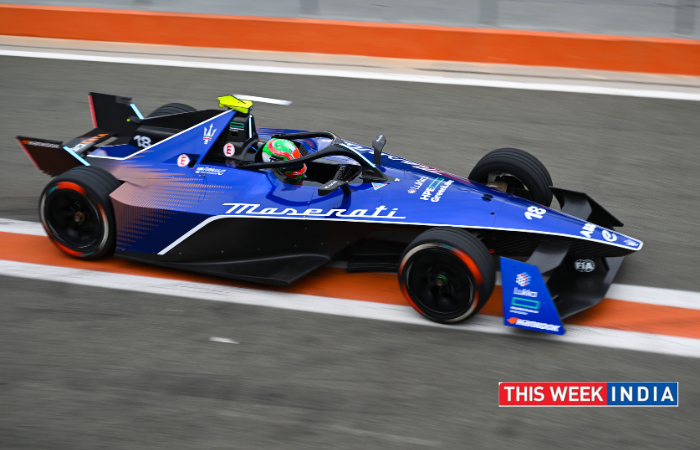Dr. Himanta Biswa Sarma, Hon’ble Chief Minister of Assam graced the occasion as the Chief Guest
Other dignitaries present were Shri Sunil Barthwal, IAS, Secretary to the Govt of India, Ministry of Labour and Employment and Dr K N Raghavan, Deputy Chairman, Tea Board of India
Guwahati; February 3, 2022: The Indian Tea Association (ITA) held its 138th Annual General Meeting under the chairmanship of Shri Vivek Goenka yesterday. In keeping with COVID safety protocols, the meeting was conducted on virtual platform. Dr. Himanta Biswa Sarma, Hon’ble Chief Minister of Assam graced the occasion as the Chief Guest. Other dignitaries present were Shri Sunil Barthwal, IAS Secretary to the Govt of India, Ministry of Labour and Employment and Dr K N Raghavan, Deputy Chairman, Tea Board of India.
Over the past two years, the 1.2 million strong workforce of the Indian Tea Industry has shown tremendous resilience in the face of the COVID-19 pandemic. Despite India’s distinguished status on the global tea map of being the largest black tea producer in the world, Indian tea remains stressed owing to factors such as fall in production of the organized tea sector, decline in exports, surge in imports, prices not compensating high cost of production etc.
Speaking to the media, Shri Vivek Goenka, Chairman, Indian Tea Association (ITA) said:
“Indian tea prices after remaining stagnant for almost a decade showed some promise in 2020 due to shortfall in production. However, in 2021 average prices have declined by 6%”
Majority of teas are selling below Rs 200/- per kg which is below the cost of production of the organized sector.
Interventions like Generic promotion, incentivizing orthodox production, Auction reforms and value addition are critical for boosting domestic demand and exports.”
Shri Goenka also added, “mitigation of the high cost of production through takeover of social welfare amenities through Government schemes as envisaged in the Occupational Safety, Health and Working Conditions Code, 2020 is a necessity for the future.”
Input costs have increased at a CAGR of 9% to 12% outpacing the growth in prices.
The Darjeeling tea sector has witnessed a fall by around 50% in the last decade from 13 mkgs to 6.5 mkgs. The Darjeeling tea sector which is experiencing lower crop and lower prices over the years needs special attention.









